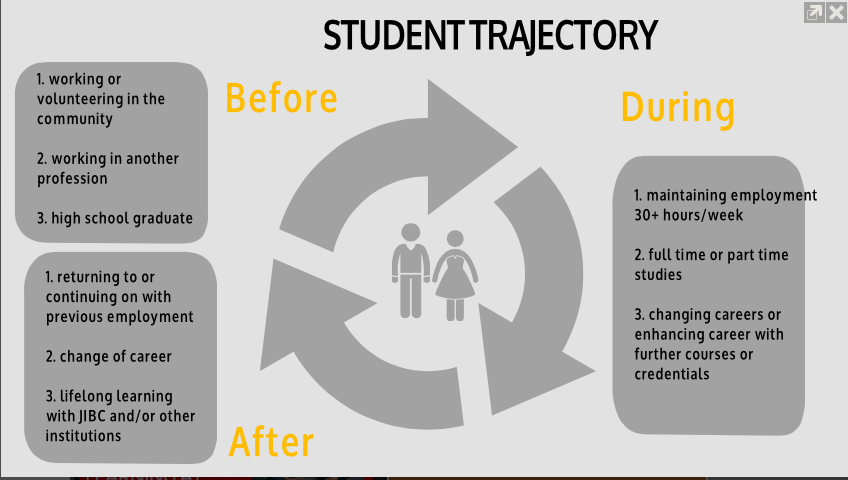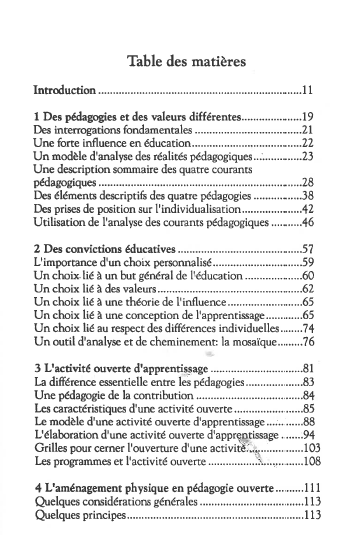IADIS 2011 mobile learning conference: the keynote

I attended the IADIS M-learning conference in Avila, Spain, and after leaving a comment over on Miami Learning’s blog, who captures his impressions on the sessions, I feel like I need to expand on my own.
This was actually the first hotel-based conference I’ve been too where I had consistent access to the wifi (surprise!) and the first European conference where I was fed more than adequately in relation to the cost. Bottles of wine flowed at full- course sit down conference lunches, and conference dinner wasn’t chicken, but was nonetheless outshined by an unforgettably wonderful tapas dinner the night before. It was also the first conference where I closed the laptop, shut off twitter, and really focussed on listening. A little bit 5 years ago, but I truly felt like I got more out of the presentations–not every presentation is an obvious “wow” full of interesting twitterable takeaways, but by spending more time focussing on finding a gem in each presentation I felt like I got my money’s worth (which is a lot considering the 600 euro conference fee!).
Food aside, the conference opened up with a great keynote by Marcus Sprecht (@marcuspecht) from CELSTEC at the Open U of Netherlands. I’ve become accustomed to expecting great presentations on interesting things at the Open U in Netherlands, and this didn’t disappoint (I’ve now added the OUNL to my list of international dream jobs). Marcus’s presentation was really about innovation, as CELSTEC seems to really be pushing the envelope as far as m-learning applications go. Marcus talked about sensors in relation to augmented perception, mainly in the context of museum tours, but it wasn’t hard to see how this might be useful to health professionals with the introduction of bio sensors. In fact, Marcus made this kind of extension in relation to MetaMirror, an iPad app that detects what you are watching on TV and enhances the experience by providing additional information. He suggested that this type of experience could apply to medical equipment in hospitals and labs.
I hadn’t really paid much attention to augmented reality as a current must-explore elearning topic, but I left the presentation feeling like it had important relevance to the kinds of programs we deliver at my institution. Quite frankly, I’m not sure I would feel the same way if I was at a traditional university.
Marcus also put forward a few think-about-it questions regarding mobile learning in general, a few of which I captured.
1. is your content accessible by mobiles and by what devices, browsers, etc?
2. is there a link between your content and thereal world that suits your goals?
And a takeaway: think about contexts in terms of mobile situations vs. desktop situations.


